189
5
4 minutes
Suggested Articles
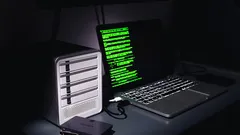
Tech users face real risks as ChatGPT blurs the line with AI-generated Windows keys
Discover how ChatGPT's ability to generate Windows product keys impacts security, legality, and tech policy in the United States.

OpenAI’s ChatGPT transforms homework with interactive AI learning mode
AI & Everyday Tech
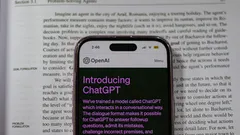
GPT-5 is about to redefine AI with game-changing human-like abilities
AI & Everyday Tech
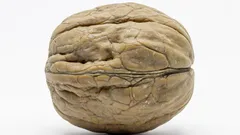
How ChatGPT is changing memory and creativity in daily life
AI & Everyday Tech

Tech innovators embrace generative AI as OpenAI challenges Google with smarter search
AI & Everyday Tech
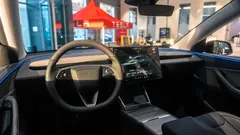
Tesla drivers unlock a smarter ride as Grok AI transforms in-car experience
AI & Everyday Tech
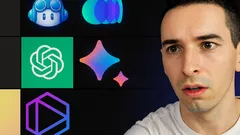
AI coding assistants like Copilot and ChatGPT are transforming developer workflows
AI & Everyday Tech
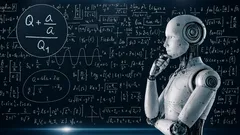
Generalist AI is revolutionizing daily life and powering a new tech era
AI & Everyday Tech

Tech enthusiasts discover how playful AI prompts reveal hidden security risks
AI & Everyday Tech
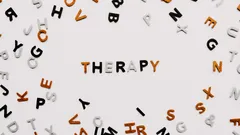
Digital health advocates face harsh truths as AI therapy chatbots falter
AI & Everyday Tech

Playing video games together strengthens relationships and sparks real connection
AI & Everyday Tech

US crypto pioneers transform bold risk into life-changing fortunes
AI & Everyday Tech

Tech leaders embrace waste-to-carbon solutions as Microsoft bets big on green AI
AI & Everyday Tech

Travelers and campers embrace portable backpack laundry tech for freedom and clean clothes anywhere
Gadgets & Reviews

Sleep experts champion a smart anti-snoring belt for restful nights and healthier mornings
Gadgets & Reviews

Drivers use Google Maps and Waze to avoid fines but risk safety trade-offs
AI & Everyday Tech

App lovers seize this week’s best free premium downloads before time runs out
Smartphones & Apps
 W3 CodeCraft
W3 CodeCraft

Comments